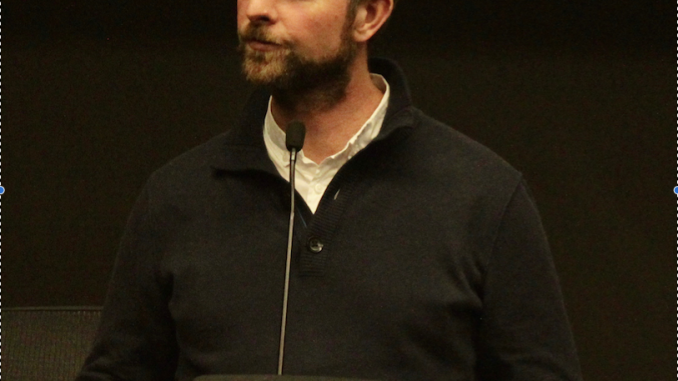
On March 25, the Department of Art History sponsored the screening of the award winning documentary film “The Destruction of Memory” followed by a talkback with director Tim Slade.
The documentary focuses on the ongoing war against culture and the battle to save it. Slade’s informative and moving film highlights the importance of preserving historical landmarks, as they are central to cultural identity.
History is not usually thought of as something tangible. Events of the past are untouchable, but Slade shows us that their memories are not. They live within the structures of community: in libraries, bridges, religious sanctuaries, skyscrapers, museums, statues and memorials, history manifests itself into culture.
During times of war these structures are often destroyed, which not only culminates in cultural genocide, but also destroys hope for the future of that culture as well. The film emphasizes several counts of barbarism that have happened globally since the beginning of the 20th Century, and continue to occur due to a lack of international law against cultural genocide.
There has been little legal action taken to prosecute those who have taken part in the destruction of cultural property. Such destruction is seen as less important than the destruction of lives, but the loss of cultural identity also has ubiquitous crippling affects. The making of the film is a small step towards raising awareness and promoting prevention.
The talkback raised questions of what to do with negative statues that threaten the progression towards a more inclusive culture, Slade explained.
The answer is inconclusive and depends on a case-by-case basis, but the important take away was the spark in conversation.
Attendees of the screening were shocked by the lack of conversation on this issue. Many were concerned about what they can do to help.
“The most important thing is learning history, because the law will always be fallible,” Slade said.
Those looking to help can join the U.S. Committee of the Blue Shield, a non-profit organization that is dedicatedto protecting cultural property worldwide during armed conflict.
